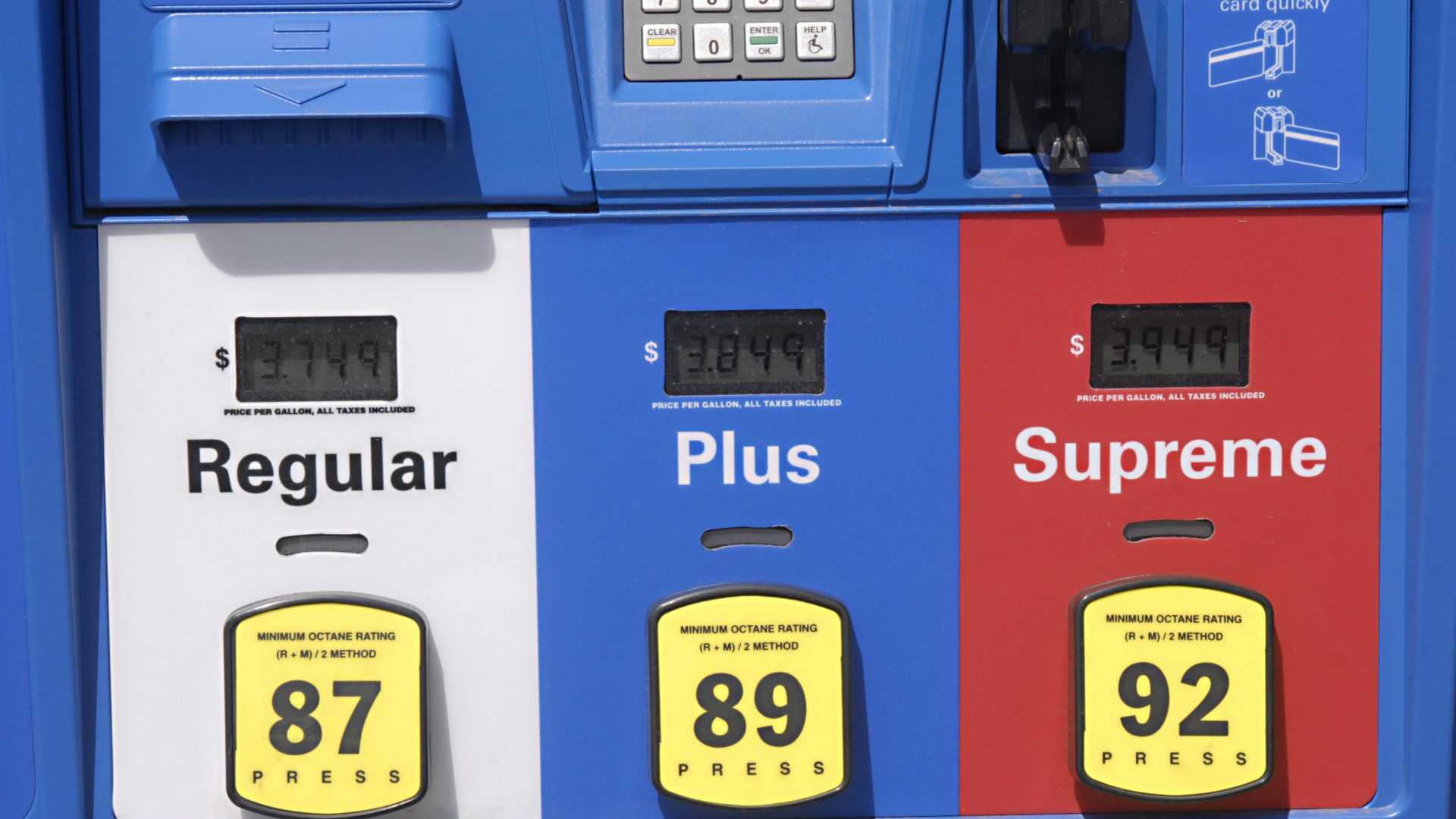

The Department of Transportation and the Environmental Protection Agency issued a Notice of Proposed Rulemaking Thursday that officially calls for leaving fuel economy standards alone rather than increasing them as decided under the Obama Administration.
“There are compelling reasons for a new rulemaking on fuel economy standards for 2021-2026,” said National Highway Traffic Safety Administration Secretary Elaine L. Chao in a press release. “More realistic standards will promote a healthy economy by bringing newer, safer, cleaner and more fuel-efficient vehicles to U.S. roads and we look forward to receiving input from the public.”
The proposal, called SAFE (the Safer, Affordable Fuel-Efficient Vehicles Rule), would maintain current Corporate Average Fuel Economy standards through 2026, rather than increasing fuel economy requirements in 2021. “If adopted, the proposed rule’s preferred alternative would save more than $500 billion in societal costs and reduce highway fatalities by 12,700 lives (over the lifetimes of vehicles through MY 2029),” according to the National Highway Traffic Safety Administration. This doubles down on previous claims that Obama era standards would actually cost lives.
“A 2018 government study by NHTSA shows new model year vehicles are safer, resulting in fewer deaths and injuries when involved in accidents, as compared to older models. Therefore, the Administration is focused on correcting the current standards that restrict the American people from being able to afford newer vehicles with more advanced safety features, better fuel economy, and associated environmental benefits.” Conveniently, this way of thinking would also help auto manufacturers sell more cars.
“The federal government’s own data shows that when managed properly for vehicle footprints, light-weighting, and fuel economy rules don’t undermine highway safety,” Robbie Diamond, president and CEO of Securing America’s Future Energy, told The Drive. “Saving lives while saving fuel can be accomplished simultaneously—especially while integrating new technologies such as advanced driver assist and other semi-autonomous features, which can result in 18-25 percent reductions in fuel demand system-wide, and save approximately 10,000 lives per year.”
Buried deep within the lengthy text of the proposal and not mentioned in press releases is an attack on the ability of individual states to set their own emission and fuel economy standards.
“EPA is proposing to withdraw the January 9, 2013 waiver of preemption for California’s Advanced Clean Car (ACC) program, Zero Emissions Vehicle (ZEV) mandate, and Greenhouse Gas (GHG) standards that are applicable to new model year (MY) 2021 through 2025. 78 FR 2145 (January 9, 2013.)551, 552 EPA proposes to do so on multiple grounds.” This would revoke California’s ability to set its own standards above and beyond federal regulations.
The public has 60 days to provide feedback on this proposal. Though not online at the time of this writing, comments may be submitted to www.regulations.gov on Docket EPA-HQ-OAR-2018-0283.